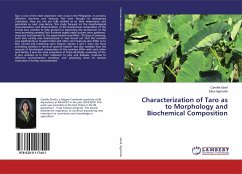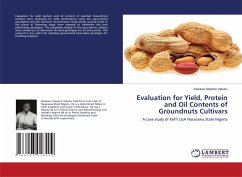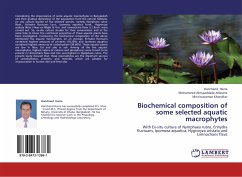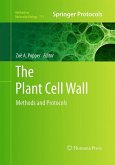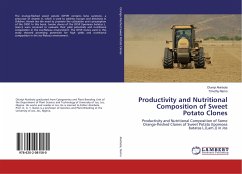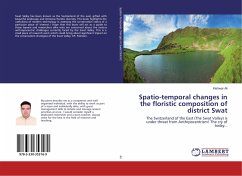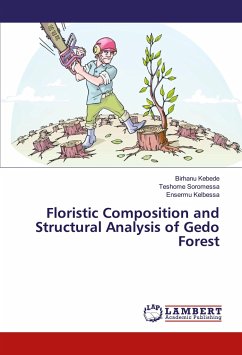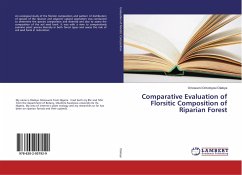Taro is one of the most important root crops in the Philippines. It contains different nutrients and minerals. But even though its widespread cultivation, they are not yet fully studied as to their importance and potentials as root crop.Hence, this study focused on the morphological characterization and determination of the biochemical composition of the 8 local taro varieties to help growers in expanding the production of the most promising varieties.Two hundred eighty eight suckers were gathered, procured and planted to the experimental area.After 110 days of planting, each taro variety was characterized. It was found out that the varieties vary significantly as to plant habit and other corm features also differ as to leaf, cormel and remaining corm feature. Variety 5 and 7 were the most promising varieties in terms of growth habit.It was also revealed that the amount of biochemical composition of the varieties differ with each other and Variety 5 was the most propitious of them all.Finally, screening of the 8 taro varieties as to their resistance to pest and diseases, response to different environmental condition and subjecting them to sensory evaluation is hereby recommended.

